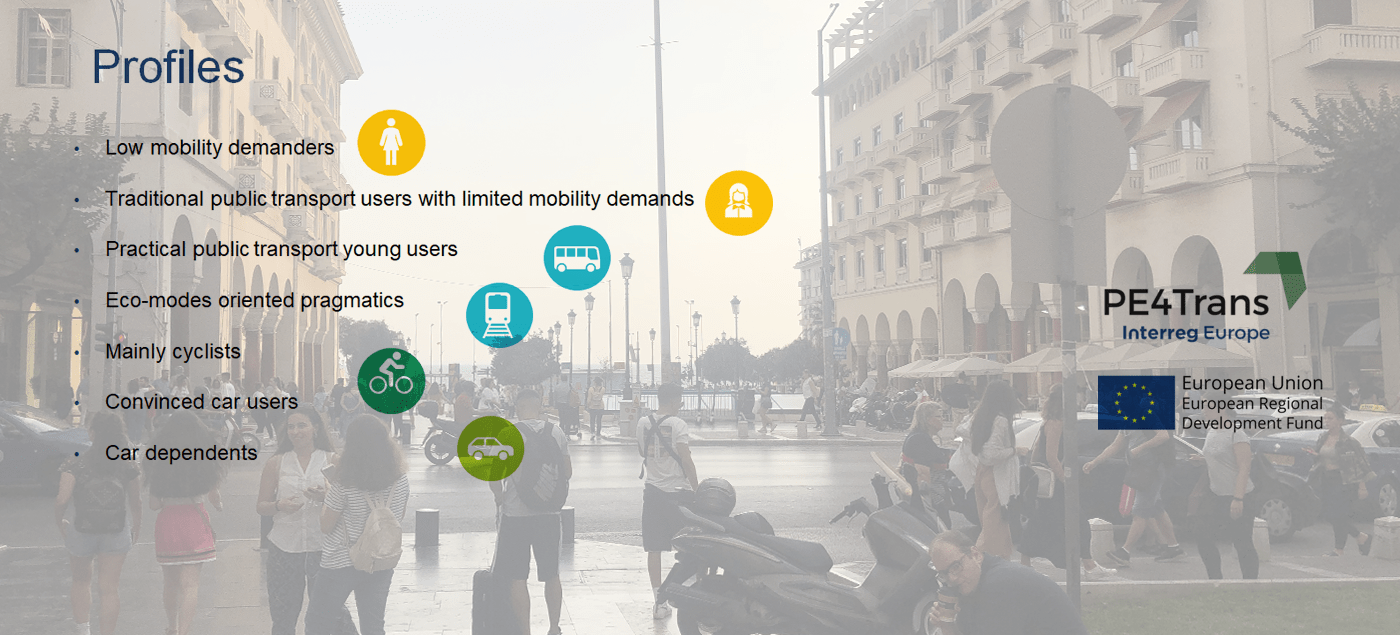Our staff, in Kveloce I+D+i, has a broad experience in behavioural challenges applied to several fields: we have been selected for advising within the P4Trans project for raising the sustainable mobility through policies addressing specific groups and populations.
The regular use of the car within urban and inter-urban environments supposes a major environmental problem: approximately, to burn 4 litres of gas implies to create 18 kg of C02. The European Union is particularly focused on the reduction of car emissions since 2015: in Europe, the 12% of CO2 emissions is produced by cars.
Kveloce I+D+i participates in the European Week of Mobility, standing for sustainable mobility, and for a greener and healthier society.
Our quotidian choices about mobility and transport respond to a rational deliberation: we weigh all the options available, advantages and alternatives. These deliberations are rooted in our attitudes and values, which are mediations for the perception of problems, disadvantages and benefits.

To propose cost-effective measures that achieve a behavioural change in long term we are taking into account, attitudes and values at the individual and group level, what barriers exist at the psycho-emotional and material level and what facilitators can contribute to achieve the expected environmental objectives.

Currently, we are working on the PE4TRANS project in which we are advising 5 territories through behavioural patterns analysis of citizens living in urban environments and its surroundings regarding their mobility options. This, allows us to contribute to policy designing and evaluation, helping to make these behavioural patterns more sustainable with the corresponding environmental benefit and also affecting our society health and quality of life.

Through a specific two-day workshop in Thessaloniki, the data from the exploratory survey conducted in these five territories (Kalisz-Ostrow Agglomeration Association, Poland; District of Grafschaft Bentheim, Germany; West Midland, UK; Valladolid, Spain; Central Macedonia, Greece) was presented.

The obtained results were discussed, among which seven behavioural profiles were drawn up throughout the population. These profiles will be the starting point for the design of specific policies. In the coming months, these results will be shared with the key agents and with citizens of the five mentioned territories, in a key phase for the public policies success, this is, co-design with citizen participation.




